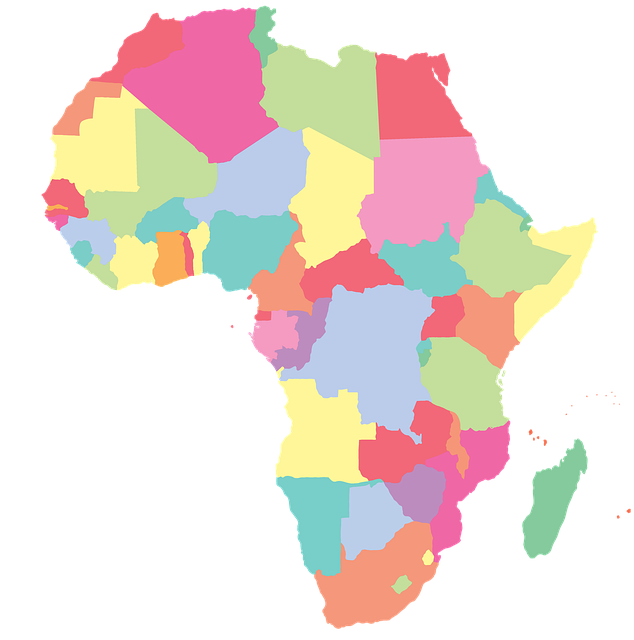Hilton Head Island residents can protect themselves from unwanted phone calls through South Carolina's Do Not Call law and Spam Call legislation. By registering their numbers, they block commercial spam calls within 30 days. The state's laws restrict telemarketers' use of automated dialing, prerecorded messages, or live operators without prior consent. Despite these measures, scammers target residents with fake charity collections and phony legal services, so verification is crucial. Residents can combat spam by using caller ID blocking, registering with the National Do Not Call Registry, and seeking legal assistance from Spam Call law firms in SC for persistent issues.
“Navigating the complex world of Do Not Call laws is crucial for Hilton Head Island residents aiming to curb unwanted telemarketing calls. This comprehensive guide, ‘Understanding Do Not Call Laws: A Resident’s Guide,’ delves into South Carolina’s stringent Spam Call Law and empowers citizens with actionable steps to enforce their rights. From recognizing common scams to accessing valuable resources, this article ensures islanders stay informed, protected, and safe from intrusive phone spam.”
Understanding Do Not Call Laws: A Resident's Guide

Hilton Head Island residents, like all South Carolinians, are protected by state laws designed to curb unwanted phone calls, often referred to as the Do Not Call law. This legislation is in place to safeguard citizens from incessant or nuisance calls, including those from spam call law firms in SC. The law provides a simple yet powerful tool for individuals to assert their privacy rights and stop relentless telemarketing attempts.
Understanding this law is essential for residents to know their rights and take action if needed. It allows you to register your number on the state’s Do Not Call list, effectively blocking most commercial calls within 30 days. By doing so, you can significantly reduce the volume of unsolicited calls received, ensuring a quieter and more peaceful environment.
What Does the SC Spam Call Law Cover?
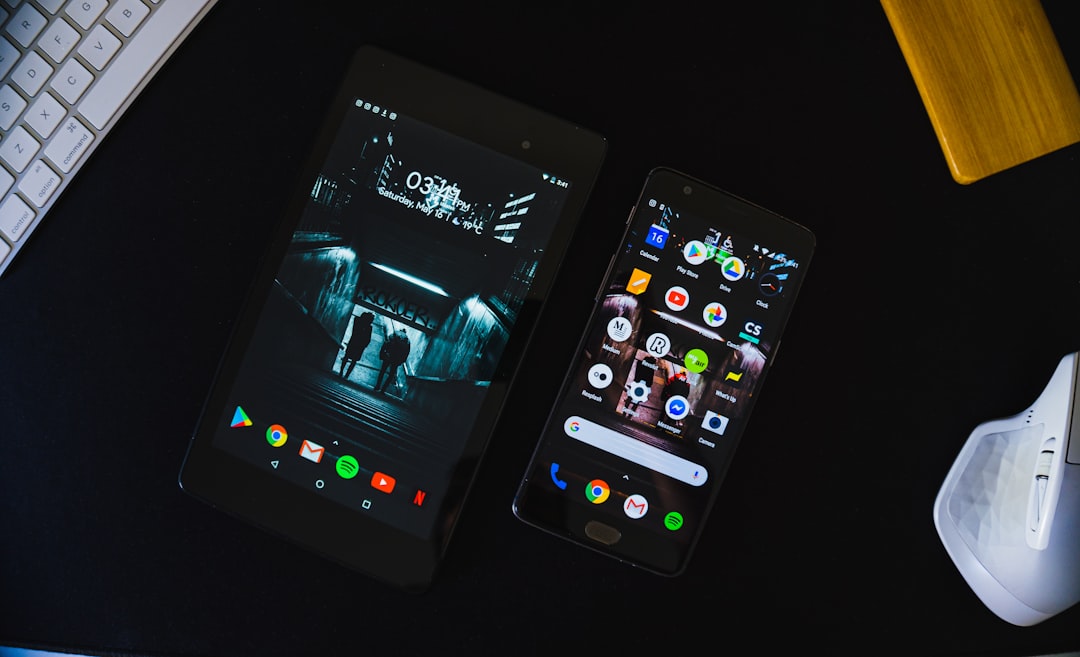
In South Carolina, the Spam Call Law, also known as the Telemarketing Act, is designed to protect residents from unwanted and unsolicited telephone calls. This law covers a wide range of telemarketing activities, including but not limited to, sales calls, political campaigns, and debt collection attempts. Any business or individual violating this law can face significant penalties.
The SC Spam Call Law prohibits the use of automated dialing systems, prerecorded messages, or live operators to make telephone solicitations without first obtaining explicit consent from the recipient. This means that Hilton Head Island residents have the right to refuse calls at any time and should not feel pressured into providing personal information or making purchases over the phone if they are not interested. If you believe a call is a violation of this law, you can file a complaint with the South Carolina Attorney General’s Office.
Enforcing Your Rights: Taking Action Against Unwanted Calls
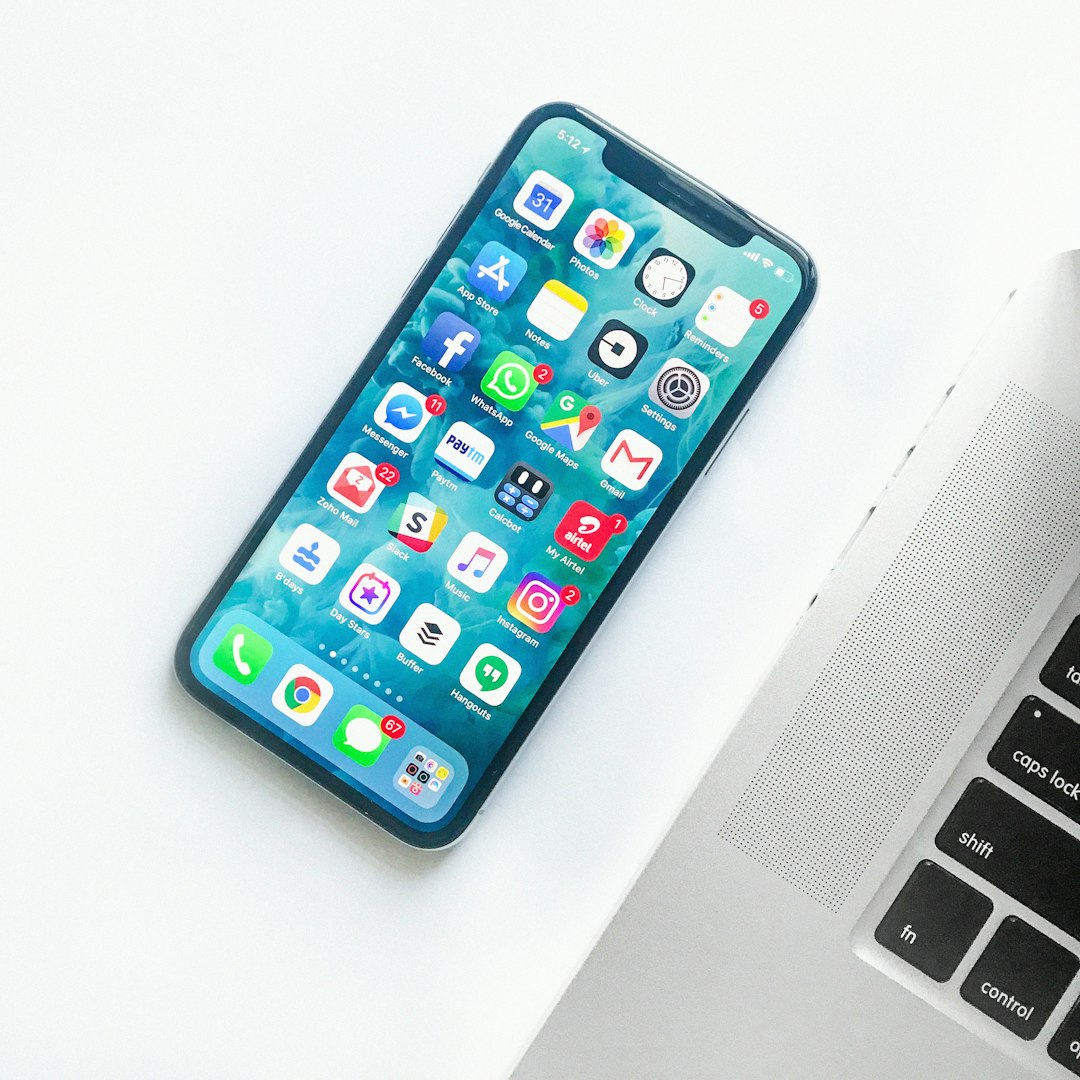
If you’re a resident of Hilton Head Island and are tired of unwanted spam calls, it’s important to know that you have rights under South Carolina’s Do Not Call laws. These laws protect consumers from persistent and annoying telephone solicitations, giving them the power to silence unwanted callers. The first step is to register your phone number on the state’s Do Not Call list, which can be done online or by phone through the South Carolina Department of Consumer Affairs. This simple action will ensure that legitimate telemarketers won’t add your number to their lists, and it sends a message that you won’t tolerate spam calls.
Should your efforts prove unsuccessful, or if you suspect a spam call law firm in SC is harassing you, don’t hesitate to take action. Document each call, including the caller’s identity and the content of the messages. This evidence can be invaluable when reporting the issue to the Federal Trade Commission (FTC) or filing a complaint with South Carolina’s Attorney General’s office. They have the authority to investigate and take legal action against violators, ensuring that your rights are respected and that unwanted calls cease. Remember, standing up for your privacy is not just about blocking numbers; it’s about holding businesses accountable and creating a safer digital environment.
Common Scams and How to Protect Yourself
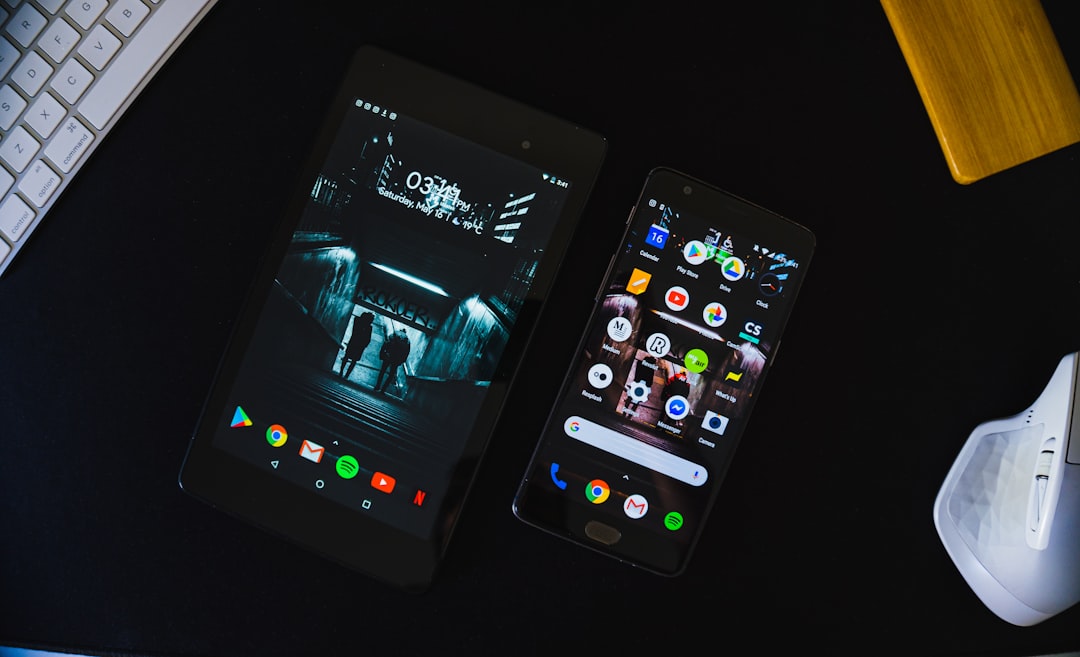
Despite the existence of Do Not Call laws, many residents in Hilton Head Island still fall victim to various scams. These include fake charity collections, investment schemes, and phony legal services. Scammers often use sophisticated techniques like mimicking local area codes or using pressure tactics to manipulate individuals into providing personal information or making payments.
To protect yourself, it’s crucial to verify the authenticity of any call or message claiming to be from a law firm in SC (South Carolina). Check the caller ID carefully and never provide sensitive data over the phone unless you have independently confirmed the organization’s legitimacy. Additionally, register for the National Do Not Call Registry and consider using caller ID blocking features on your phone. Remember that reputable businesses will not pressure you into making immediate decisions or threaten legal action.
Resources for Hilton Head Island Residents: Staying Informed and Safe
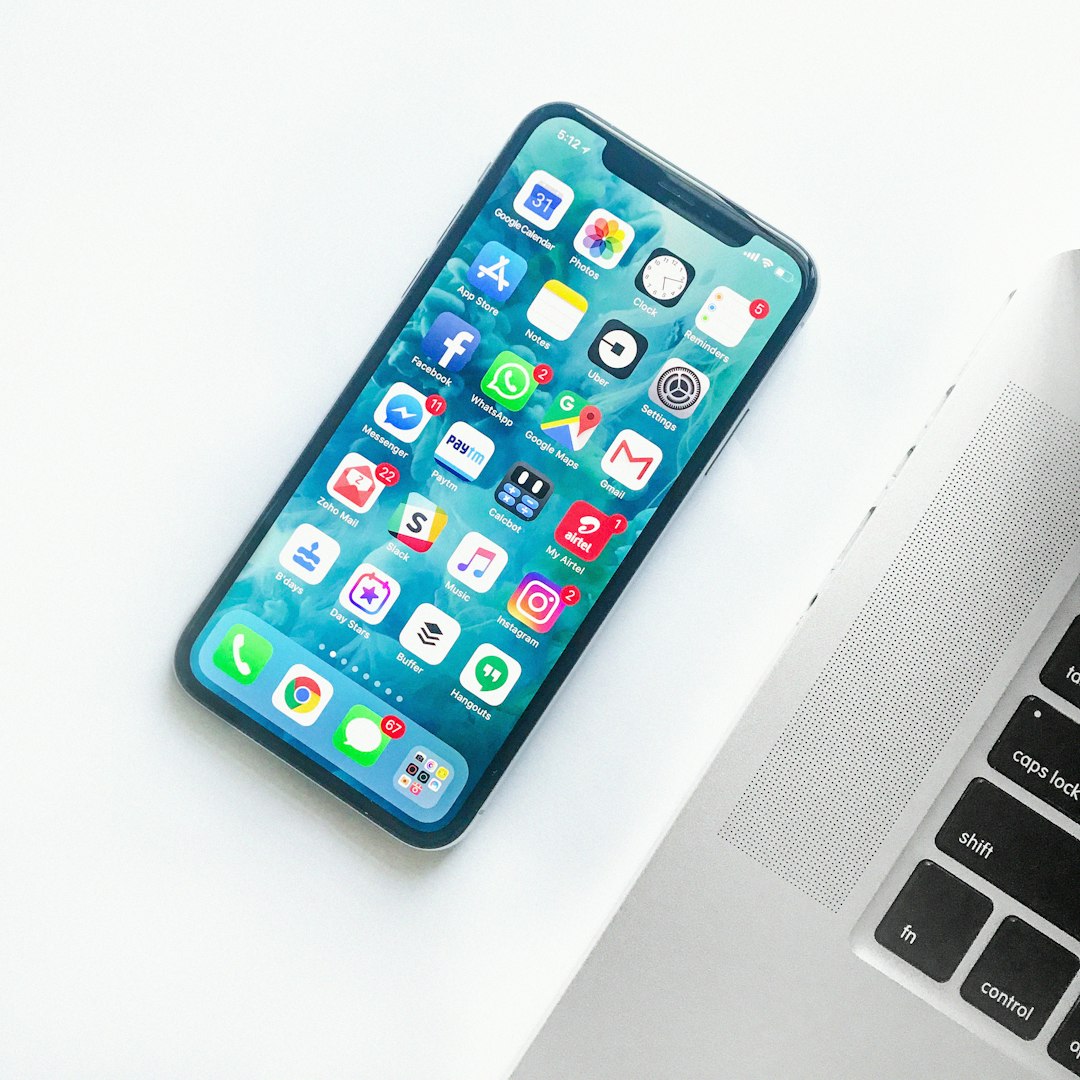
Hilton Head Island residents have several resources at their disposal to stay informed and protect themselves from spam calls. One valuable resource is local consumer protection agencies, which provide guidance on do-not-call laws and offer tips on how to handle unwanted telemarketing calls. Additionally, there are reputable Spam Call law firms in SC dedicated to assisting individuals and communities in navigating these issues. These firms often offer free consultations and can provide legal recourse against persistent spam callers.
Staying proactive is key. Residents should familiarize themselves with state laws regarding telemarketing practices and register their phone numbers on the National Do Not Call Registry. By taking these steps, Hilton Head Island residents can reduce the likelihood of receiving nuisance calls and enjoy a quieter, safer communication environment.
